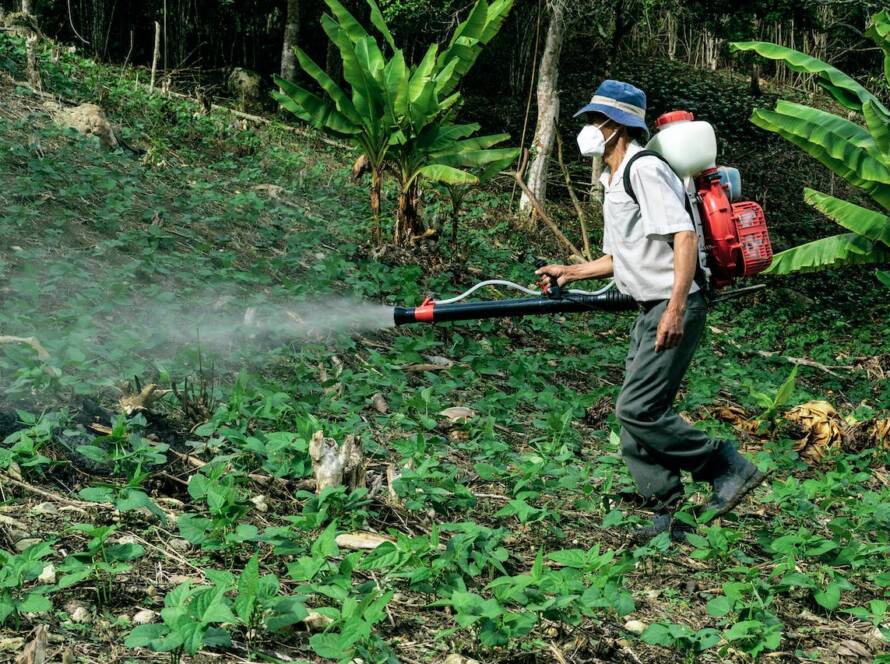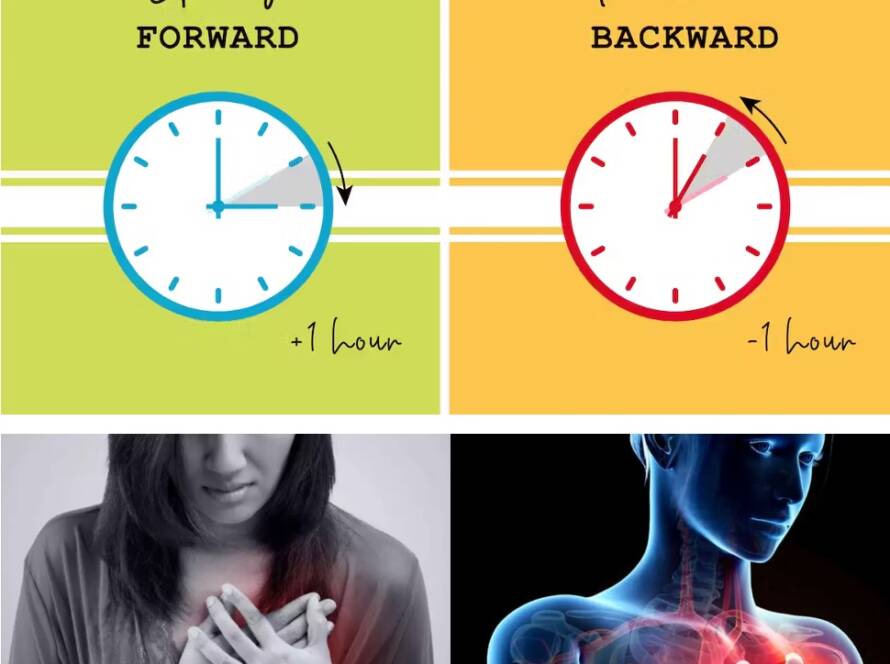Air pollution is all around us and has become a major global problem. It has been linked to an increase in morbidity and mortality through the negative impact it has on the respiratory system. The main sources of air pollution are in urban areas with many motor-run operations. ((Santos et al. 2021)
The damage caused to our body by pollution depends on the concentration of pollutants inhaled, the respiratory system’s defense mechanisms, and the polluted gas’s solubility. Some respiratory mechanisms are oxidative stress and inflammation. This is because prolonged or severe inhalation of pollutants produces RONS ( define) which causes inflammation to arise. If the RONS takes over antioxidants in our body there is an activation of a protein kinase that affects nuclear transcription.(Santos et al. 2021)
Air pollution has also been linked with changes in DNA expression and a greater Th2, T helper cells, response to environmental stimuli, which affects respiratory diseases such as asthma. There are two types of respiratory effects: acute and chronic. It has been shown, in terms of acute effects that there is a correlation between pollutant levels and hospitalization. These are especially relevant to children, seniors, and individuals with chronic respiratory diseases. (Santos et al. 2021)
A study was conducted in six big cities in the US and the results displayed the exacerbation of diseases by pollution. According to the study, the risk of death from cardiopulmonary diseases was 26 percent higher in individuals exposed to higher polluted environments. (Santos et al. 2021)
In terms of specific respiratory diseases, pollution has been related to respiratory diseases. In a study researching the acute effects of pollution, they observed children in California with and without asthma. The results concluded that children who had asthma and were exposed to air pollution had increased respiratory symptoms than children without asthma. Furthermore, pollution was proven to have a negative effect on lung cancer according to the International Agency for Research on Cancer. Global data estimated that 14 percent of deaths due to lung cancer were caused by air pollution. Thus, the mean risk was concluded to range from 20 to 30 percent for developing lung cancer. Therefore, the effects of pollution worsen respiratory issues.
Certain populations are more vulnerable to the effects of air pollution. This includes elderly individuals, having a chronic disease, individuals of low socioeconomic status because of the likelihood of exposure to industrial areas., and children.
Global data estimated that 14 percent of deaths due to lung cancer were caused by air pollution
According to WHO, the World Health Organization, four out of five deaths in children are a direct or indirect result of air pollution. Global data taken in 2015 concluded that there were 727,000 deaths in children due to environmental pollution. Elderly individuals have weaker immune systems and lung function and are therefore more susceptible to the effects of pollution. (WHO 2021)
In conclusion, the effects air pollution has on the respiratory system affect a variety of individuals and must be treated. In terms of personal solutions, reducing the amount of energy usage contributes to less pollution, and exercising indoors on high-air pollution days helps mediate the problem. On a broader scale, certain public health policies, such as the Clean Air Act, must be furthered to prevent the negative effects of air pollution. Additionally, there are many programs in cities and states that work to mitigate the pollution issue in their region.
Bibliography
- Santos, Ubiratan de Paula, Marcos Abdo Arbex, Alfésio Luis Ferreira Braga, Rafael Futoshi Mizutani, José Eduardo Delfini Cançado, Mário Terra-Filho, and José Miguel Chatkin. 2021. “Environmental Air Pollution: Respiratory Effects.” Jornal Brasileiro de Pneumologia 47 (1). https://doi.org/10.36416/1806-3756/e20200267.
- WHO. 2021. “New WHO Global Air Quality Guidelines Aim to Save Millions of Lives from Air Pollution.” Www.who.int. September 22, 2021. https://www.who.int/news/item/22-09-2021-new-who-global-air-quality-guidelines-aim-to-save-millions-of-lives-from-air-pollution.


